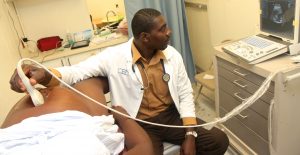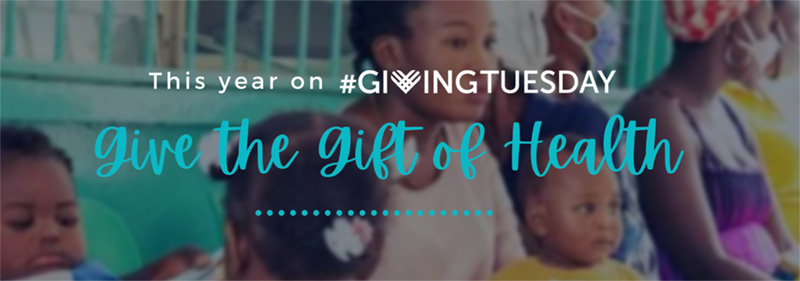Photo Courtesy of The New York Times
Today is the celebration of Carnival in Haiti. The Carnival of Haiti (otherwise known as “Mardi Gras” or “Kanaval” in Creole) is one of the most anticipated events in the country. This cultural event kicks off the day before Ash Wednesday to usher in the season of Lent, with colorful celebrations throughout Haiti. But, unfortunately, this year, Haiti’s Minister of Culture has announced that official carnival celebrations have been canceled in light of recent protests and unrest across the country.
Photo Courtesy of Associated Press News
As you may have heard from the news or from personal connections in Haiti, major demonstrations have been occurring across the country since February 5, when citizens and opposition politicians began to demand the resignation of President Jovenel Moise.
That same day, our clinic managers were leaving our Cap Haitien clinic to attend a staff meeting at our Acul-du-Nord clinic when they were stopped on National Road 1 due to political unrest demonstrations. They tried to urge the demonstrators to allow them to cross the road to get to the clinic but there was no way convince demonstrators to allow them to pass the road blocked with cement blocks. Our staff from other clinics also were forced to cross the roadblock zone on foot to get home. The following day, the road was cleared and the staff was able to get to work easily. Unfortunately, the demonstrators blocked the road again later in the day, and, again, the only way the staff could pass through closures was on foot.
On February 7, due to the rising unrest (protests, huge roadblocks and barricades, and burning tires), we were forced to close our clinic network to protect our staff and the patients. Our staff in Haiti stayed in communication at all times to evaluate the situation in order to make a decision regarding the opening or closure of the clinics. For two weeks, our HR manager would send a message to all the staff every morning to instruct them to stay home if the roads and conditions did not allow travel. For most of this time however, one of our more remote clinics remained open and continued to serve the community since it is located in an area away from the political unrest and most of the staff lives in the same community the clinic serves. We also made a conscious effort to try and keep our main clinic in the center of town (Cap Haitien) open to patients who needed timely access to care.
Beyond the demonstrations, another challenge has been lack of fuel, which has made traveling difficult not only for our staff but patients too. Transportation prices have more than doubled to account for the shortage of fuel options in the country.
Encouragingly, in the last week, things have started to return to normal, but the political and economic situation in Haiti is still delicate. There is no telling whether or not the protests will restart. So, there will certainly continue to be challenges but this is what encourages us to keep doing the work we do. We hold on to (and continue to be energized by) the fact that we are providing vital healthcare services to communities that need them desperately.
Thank you for your continued support and, as always, onward!



